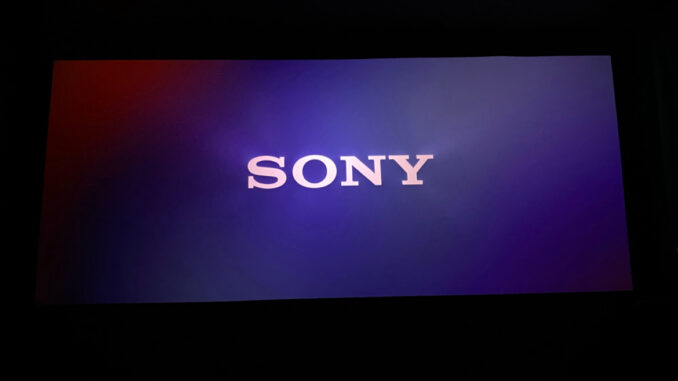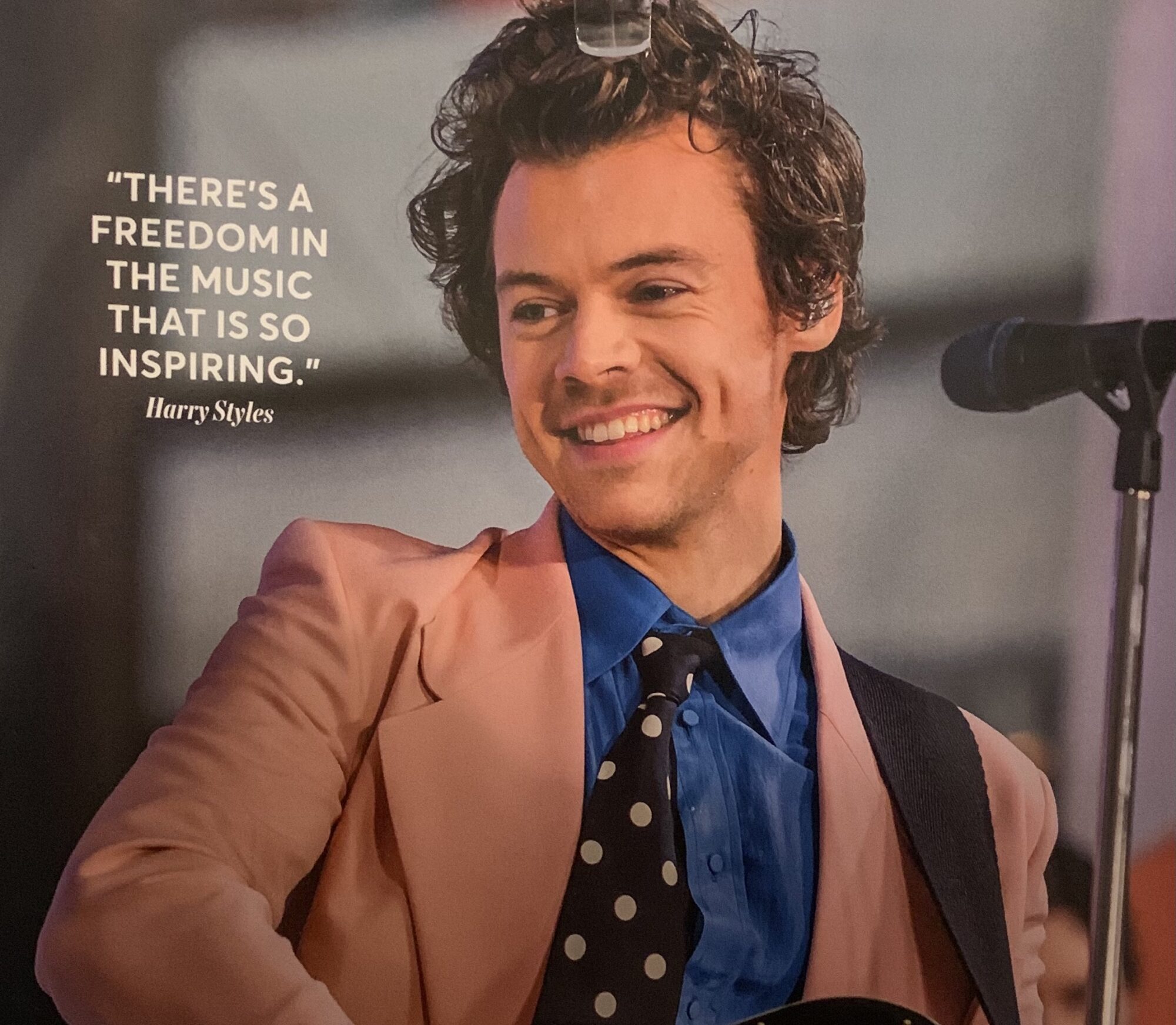
It’s clear that the movie industry has been struggling over the past few years. Decreasing attendance, lowered profit and society’s preference for streaming services has hit the box office hard. Movies, at least in their modern form, have been around for 100 years now. But recently, they have changed.
In the summer, many saw hope for cinema in the arrival of two true blockbusters: Greta Gerwig’s “Barbie” and Christopher Nolan’s “Oppenheimer.” Both films enjoyed massive levels of success, floods of profit and seemed to bring cinema to the forefront of endless trends and fashions. The movies inspired social media trends and became a phenomenon during the summer, giving a bleak future for movies some hope. This year’s blockbusters provide the solution to save cinema.
It was about time that the film industry caught a break after the disastrous years of the pandemic. According to FSU Student Union, the industry may have lost $5 billion in 2020 alone. Not to mention the hundreds of films that were delayed during the pandemic. Plus, the rising popularity of streaming services signaled to an end of theatergoing. Any movie or show you could ever want was ready to be watched in your living room.
The movie industry, although eternally popular, has received its fair share of criticism related to the content it puts out. According to Rasmussen Reports, 42 percent of Americans say that movies are getting worse. Many cite unnecessary remakes and endless sequels as huge problems. Franchises are rebooted so often that they become stale. Originality in Hollywood is getting scarce. Slashers from the 80s and 90s are rebooted endlessly, and Star Wars got not only a lackluster new trilogy, but TV shows and spinoffs to come. Extensions of movies that were made 40 years ago are not helping cinema at all.
Just look at the latest, and hopefully final, “Indiana Jones” film. “Indiana Jones and the Dial of Destiny” was a box office bomb, losing around $100 million over the summer. The movie, though having its perks, falls short of the brilliance of the first three. Even though it’s as action-packed as ever, in the end, doesn’t have the same luster anymore. Harrison Ford, as great as he is, is 81 years old. And the de-aging doesn’t quite do the trick.
Part of the reason why “Dial of Destiny” flopped was because of the two biggest movies of the summer. “Oppenheimer” and “Barbie” made gigantic sums of money and were all over the world. There is a difference between “Dial of Destiny” and “Barbenheimer”. A few things made a plastic doll and a physicist more successful than the world’s greatest archeologist.
Let’s look at marketing first. The phenomenon known as “Barbenheimer” overtook social media this summer, attracting more people to theatres. An internet challenge involved seeing both films in one day. In this way, the movies extended their influence from the theatre to the mainstream population. It became a social event, a trend. That is a recipe for popularity.
At the end of the day, both films offer something very important: originality. Yes, everyone had heard of Barbie, but the movie took a plastic doll and extended the possibilities with imagination. It offered a few hours of fun and pink-painted escapism, something very welcome in this world. Christopher Nolan, on the other hand, made a three-hour movie about a scientist that ended up becoming one of the summer’s highest-grossing movies, and made “Indiana Jones” the second-best movie about a guy in a fedora.
The movie, while some may argue has Its dull moments, keeps audiences on the edge of their seat with the drama and suspense of history. Nolan has been lauded as brilliant for a long time, and “Oppenheimer” only confirms his position as perhaps our best living filmmaker. In the end, this is what will make movies prevail. Originality, imagination and stories that make everyone feel and wonder. These are what made people love cinema in the first place and will keep them going to the movies forever.


